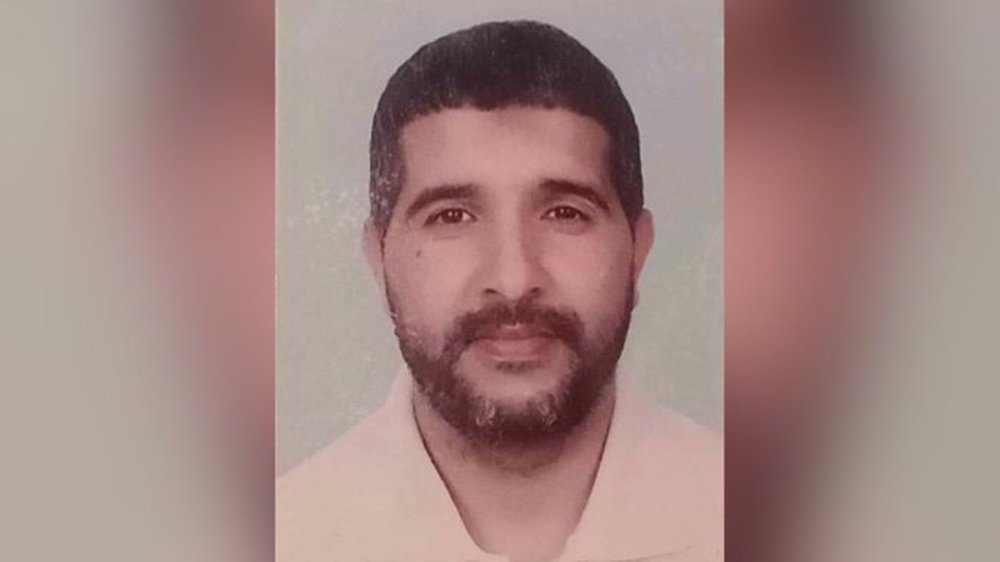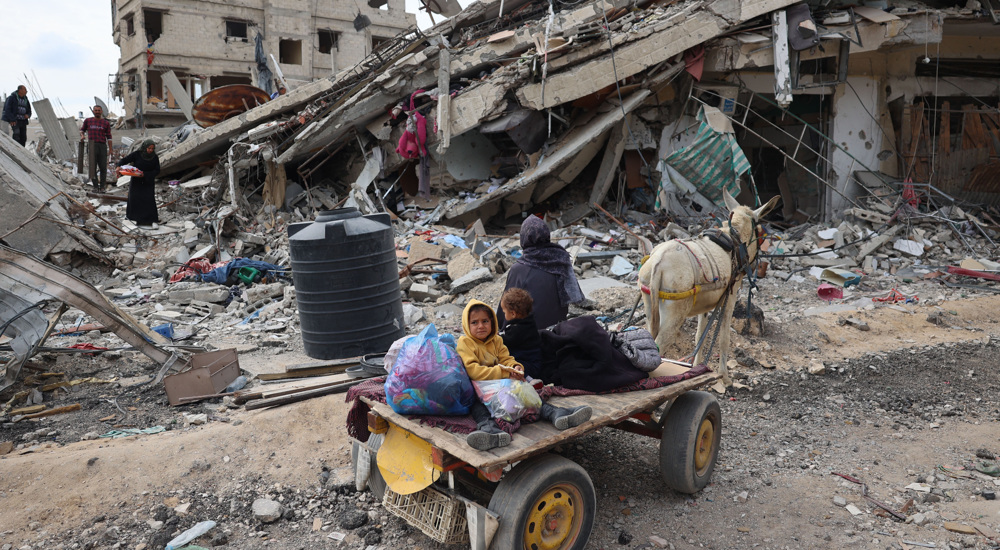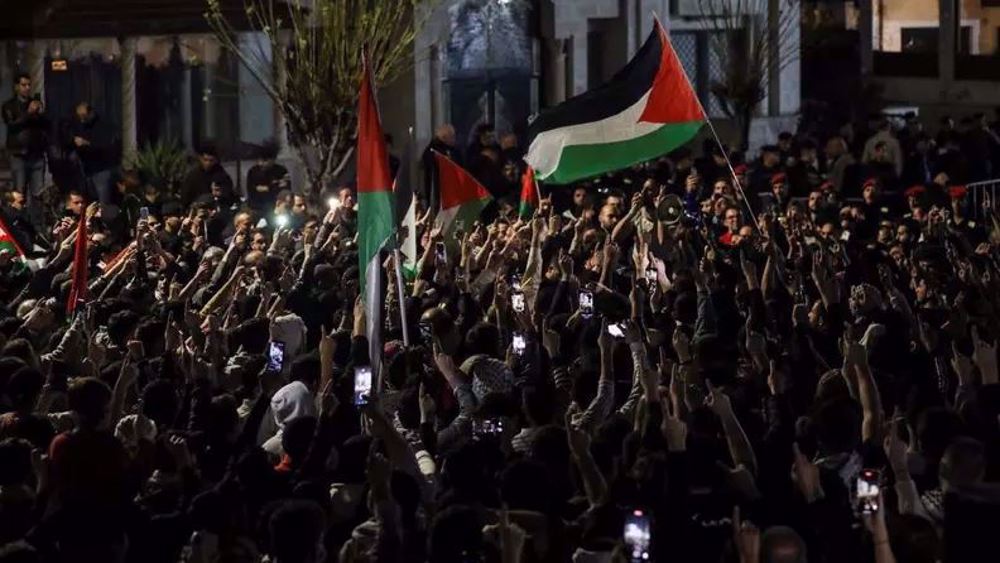Libya parliament rejects UN deal on unity government
Libya’s internationally-recognized parliament has rejected a political agreement and a deal on establishing a unity government in an apparent blow to efforts by the United Nations to settle the conflict in the country.
The media office of the legislature, which is based in far-eastern Libya, said on Monday that 90 out of 140 members of the House of Representatives rejected the proposal of a Unity Cabinet by the UN.
Essa al-Areibi, a member of the legislature, said that 84 also rejected an accompanying political agreement with rival authorities based in the capital, Tripoli.
Both agreements came last week after months of negotiations between the rival establishments. Some members in both camps had supported the deals and the UN had urged the internationally-recognized parliament to endorse the achievement.
Since the ouster and killing of Libya’s long-time dictator Muammar Gaddafi in 2011, Libya has been ruled by two governments, one based in the city of Tobruk, which is backed by the international community, and the other backed by an array of political and militant groups, which has been ruling Tripoli.
The UN had warned that the rejection of the agreement by the parliament could further fuel the militancy in the oil-rich North African country. Libya’s central town of Sirte is currently controlled by the Daesh Takfiri group, another source of concern for neighboring countries and European states, which have already felt the repercussions of insurgency and an increasing flow of refugees emanating from Libya.
Sources said the UN-sponsored political deal was rejected in the parliament due to a controversial article which stipulates that military chief General Khalifa Haftar be dismissed from his post. Once an army commander under Gaddafi, Haftar defected to the opposition and then declared a coup against the Tripoli government in 2014. He was also in charge of the “Operation Dignity,” a campaign against militants in Benghazi and elsewhere in the east.
VIDEO | Thousands call on UK Govt to stop arming Israel
‘Stop the war,’ anti-regime protesters chant in Tel Aviv
VIDEO | 6th Intl. Export Potential Exhibition held in Iran
Israeli plane previously used by Mossad officials lands in Riyadh: Report
US police clear another pro-Palestinian encampment
VIDEO | Global anti-Israeli sentiment
UK forces may be deployed in Gaza under guise of aid delivery: Report
VIDEO | Afghan population endures impact of stringent US sanctions














 This makes it easy to access the Press TV website
This makes it easy to access the Press TV website